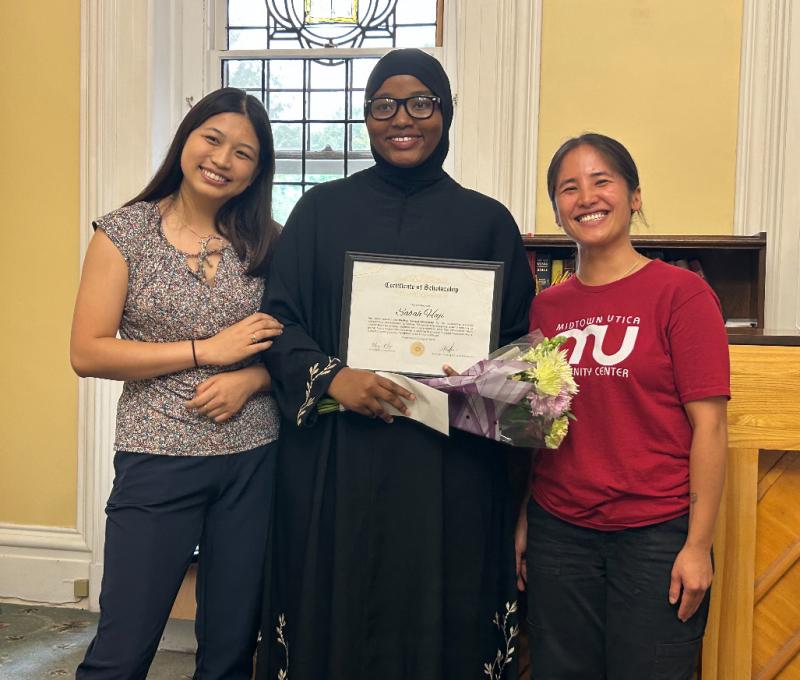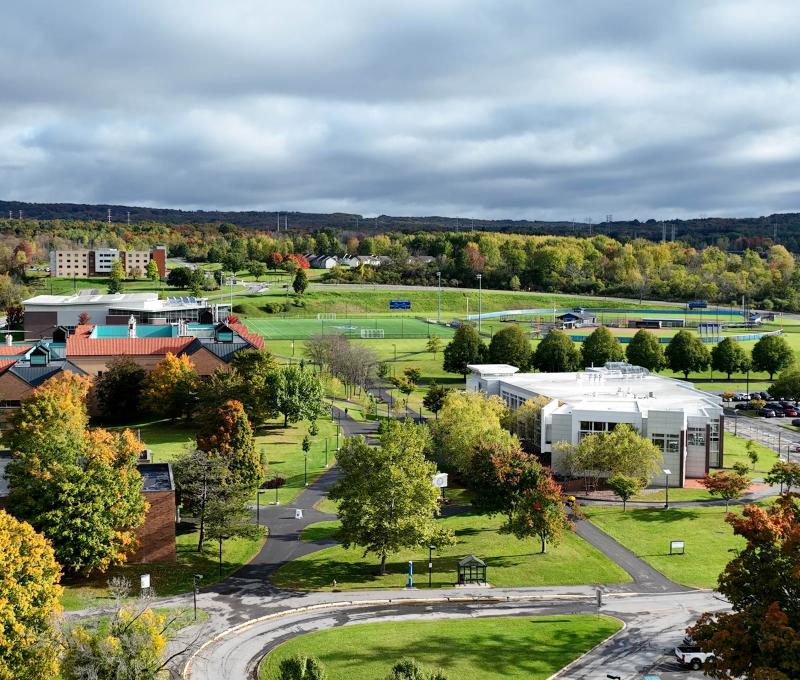Psychology Today: Separation Is Never Ending: Attachment Is a Human Right

This piece is a collaborative effort emanating from the global community of researchers dedicated to understanding the significance of attachment relationships to children, including the voices of:
Co-authored by Alicia Lieberman, Anna Maria Speranza, Anne Rifkin-Graboi, Carlo Schuengel, Charles Zeanah, Daniel Siegel, Dante Cicchetti, David Pederson, Debby Jacobvitz, Elizabeth Carlson, Erik Hesse, Frances Nkara, Gottfried Spangler, Howard Steele, Jean-François Bureau, Jessie Borelli. Jody Todd Manly, Jude Cassidy. Judith Solomon, Karlen Lyons-Ruth, (SUNY Poly Associate Professor of Psychology) Kazuko Behrens, Kristin Bernard, L. Alan Sroufe, Marian Bakermans-Kranenburg, Marinus van IJzendoorn, Mary Dozier, Mary Main, Mary True, Miriam Steele, Naomi Bahm, Pasco Fearon, Pehr Granqvist, Peter Fonagy, Robbie Duschinsky, Robert Weigand, Ruth Goldwyn, Samantha Reisz, Sheree Toth, Sheri Madigan, Sophie Reijman & Susan Spieker
For over 75 years, psychologists and psychiatrists have known that abrupt and/or prolonged separation can have major implications, including depression, anxiety, and behavioral disturbances. In 1952, Bowlby & Robertson argued, “There is now evidence that prolonged periods of maternal deprivation in very young children can, in some cases, give rise to extremely serious psychiatric disturbances.” In more recent years, we have learned that such separations can also impact brain development, learning, and physical health.
During prolonged separations, children progress through three phases: protest, despair, and then detachment. These effects can be observed even when children experience prolonged separation for relatively routine reasons, and can occur when children are well-fed, housed, and looked after during the separations.
The negative impact of separation can be reduced if there is a familiar, loving, other caregiver present. It can also be reduced when the physical environment remains constant, and when, following the reunion with the caregivers, parents slowly rebuild a sense of security for their children. In contrast, when parents feel helpless or scared at the point of separation, the impact separation has on children’s development can be exacerbated.








